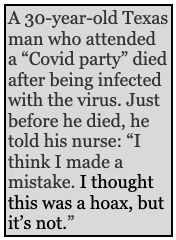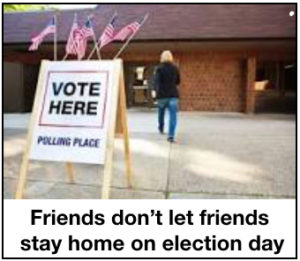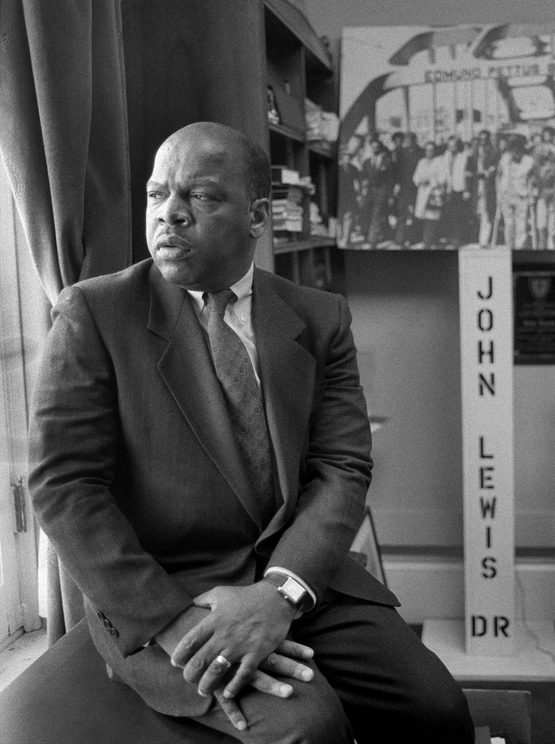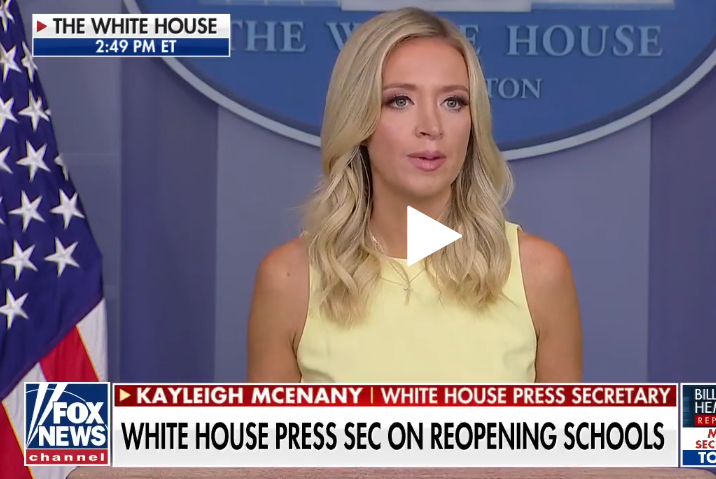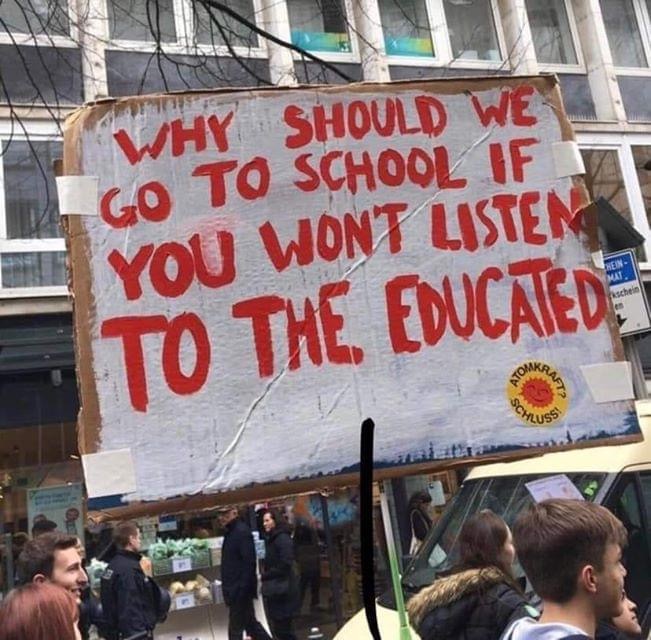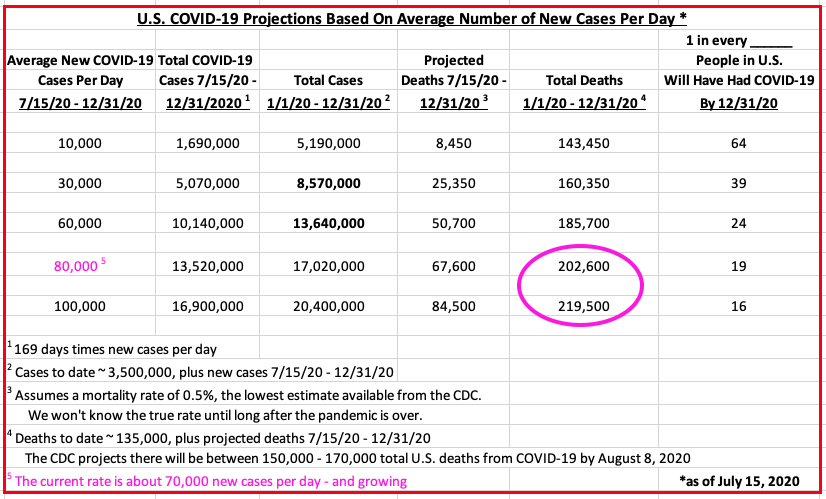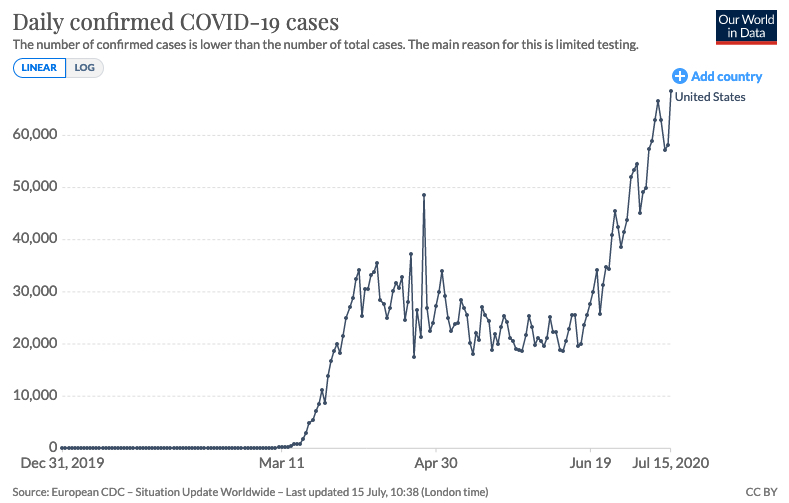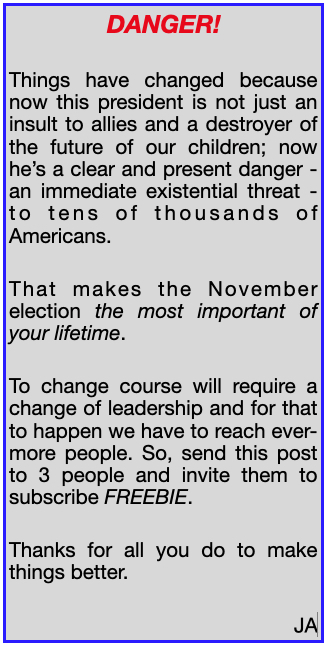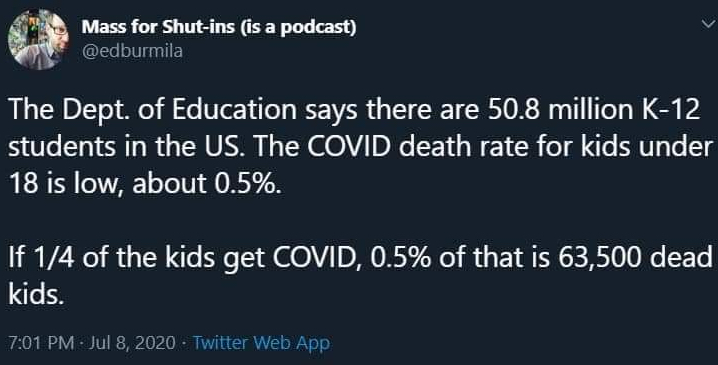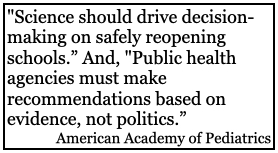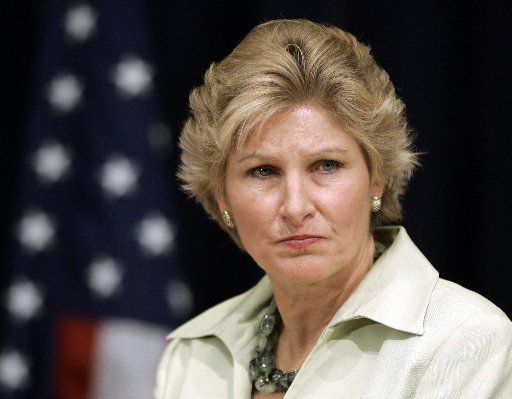Take This Personally
Immigration, kids in cages, refugee camps, asylum seekers – these are some of the terms that are at last being taken seriously. We’re finally looking into what is and has been driving so many people to our southern border. We’re actively looking to see what we can do to make life better in El Salvador, Guatemala and Honduras, where most of these hopefuls come from, so that more of their people will want to stay home. That’s all good and right, but we Americans aren’t monolithic in our views toward immigrants. Not surprisingly, I have my own views.
Last year I wrote about this issue and since this is a time of renewal, at least horticulturally, and for some spiritually and religIously, I’m offering another look at that. Please take this personally.
Have We Forgotten?
.
If you scratch at the story of nearly any American you won’t have to go very deep – usually no more than 4 or 5 generations back – to find immigrants. And those immigrants not so many years back were not royalty. They weren’t the moneyed elite. They weren’t the connected and the powerful.
Elizabeth Warren was right when she said that our business leaders, our entrepreneurs, didn’t build it by themselves. They got their education because we all funded it. They’re able to find skilled new employees today for the same reason. Their supplies and their goods go to and from their shops on roads we all paid for and their toilets flush because we all got together and decided to build sanitation facilities. The list of the facets of infrastructure, education, incentives and opportunities no one person built is very long. The point is that we support one another and none of us makes it solely on his/her own.
Back to your ancestors. They didn’t make it on their own, either. They didn’t pull themselves up by their bootstraps alone; someone gave them a job. Or someone gave them credit to buy a pushcart and fill it with apples. Let that stand as a metaphor for however the story of your far-better circumstances began.
At the Passover Seder a message near the end of the service reminds us that the longing and search for freedom is never-ending and that it is the responsibility of each of us to do our part to bring about freedom for all.
Here’s another take on that same theme. Jesus said “Truly I tell you, whatever you did for one of the least of these brothers and sisters of mine, you did for me” (Matthew 25:40). The imperative across religions is remarkably consistent: It is our duty to help others, especially the poor and the stranger.
We are in this world and this life together and irrespective of anyone’s sense of rugged individualism, we are interdependent. We are all called upon to care for one another – we are, indeed, our brother’s keeper.
The next time you hear someone denigrating “those others” as though they are somehow different from and less than “us,” like the immigrants some fear; or when you hear about keeping refugee mothers and babies and bedraggled girls and boys and men from our shores or in cages; or you learn of those who are refused refuge from violence; or you hear the voices rise to block anything that might mitigate the voicelessness of the disenfranchised; when any of that happens, remember that the victims are mostly poor people, like your ancestors. They’re like those who fled serfdom or rape and murder or a potato famine or pogroms or despots of any stripe. Couple that with the imperatives that come to us through the millennia.
We are cautioned at the Passover Seder: “Remember, you were slaves in the land of Egypt.” That isn’t some metaphorical or impersonal “you;” it means you. It’s where you and your people came from, exactly as it is for the poor and the strangers among us now. Have we forgotten who we are and where we came from?
—————————–
YouTube
We have social media challenges and they aren’t the simple questions we wish they were. They are complex and our decisions on how to deal with them may have unintended consequences that are dire. Some things, though, are simple enough.
Quoting Common Cause,
“Ahead of the 2020 election, YouTube implemented a policy forbidding videos that mislead voters or encourage interference in our democratic process. But Trump posted video after video with baseless — and as we saw on January 6th, dangerous — lies about the election, all while YouTube looked the other way.
“After the horrific attack at our Capitol, YouTube did finally suspend Trump’s account — but all of his old videos are still up for people to watch and share. Plus, CEO Susan Wojcicki has said that Trump’s suspension will be lifted once “the risk of violence has decreased.
Please click and sign. It’s really easy. And it’s really important.
—————————————-
Ed. note: We need to spread the word so that we make a critical difference, so,
- Did someone forward this to you? Welcome! Please subscribe and pass this along to three others, encouraging them to subscribe, too. (IT’S A FREEBIE!) Use the simple form above on the right.
- Engage in the Comments section below to help us all to be better informed.
Thanks!
The Fine Print:
- Writings quoted or linked from my posts reflect a point I want to make, at least in part. That does not mean that I endorse or agree with everything in such writings, so don’t bug me about it.
- Said John Maynard Keynes, “When the facts change, I change my mind. What do you do, sir?” So, educate me and all of us. That’s what the Comments section is for.
- Errors in fact, grammar, spelling and punctuation are all embarrassingly mine. Glad to have your corrections.
- Responsibility for the content of these posts is unequivocally, totally, unavoidably mine.
JA
Copyright 2026 by Jack Altschuler
Reproduction and sharing are encouraged, providing proper attribution is given.


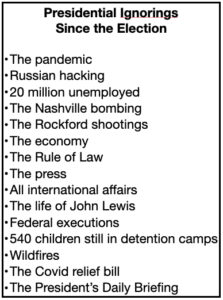
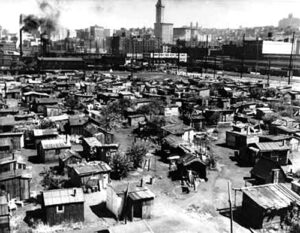
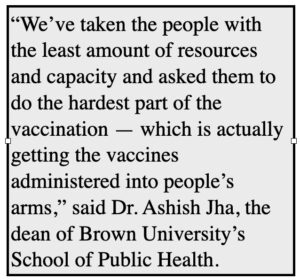
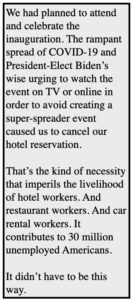 The old saying is that Nero fiddled while Rome burned, but of course that isn’t literally true. The violin wasn’t invented until 1500 years after his death. But, “
The old saying is that Nero fiddled while Rome burned, but of course that isn’t literally true. The violin wasn’t invented until 1500 years after his death. But, “
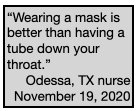
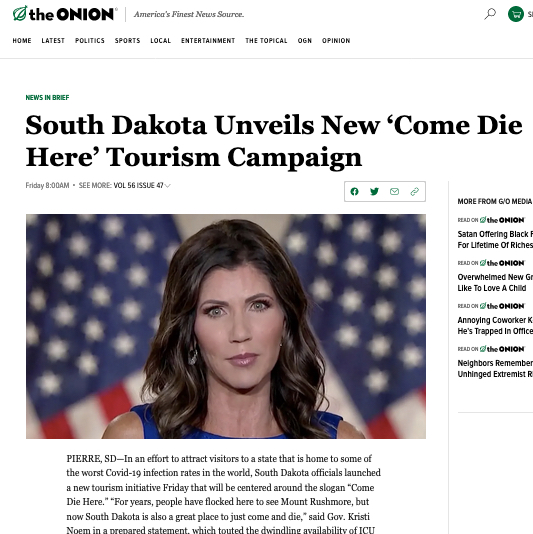

 They risk their lives for the supermarket clerk who, in spite of gloves, a mask and plastic partitions still gets infected. And they risk their lives for the school children who get sick and the elderly in our nursing homes who might be your mom or dad or grandma or grandpa.
They risk their lives for the supermarket clerk who, in spite of gloves, a mask and plastic partitions still gets infected. And they risk their lives for the school children who get sick and the elderly in our nursing homes who might be your mom or dad or grandma or grandpa.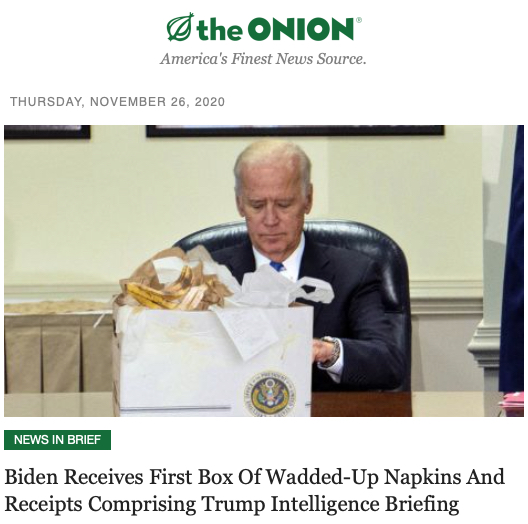
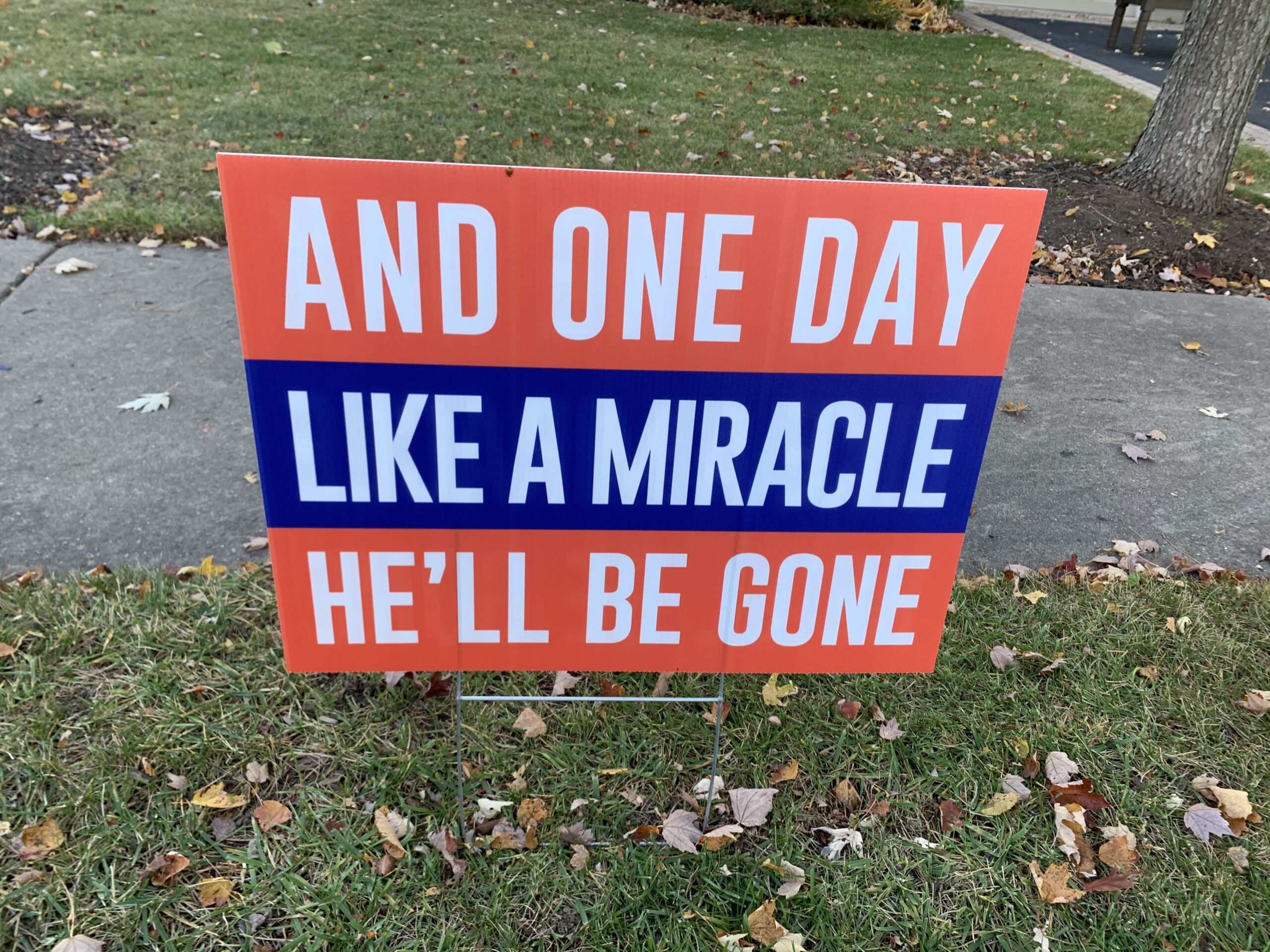
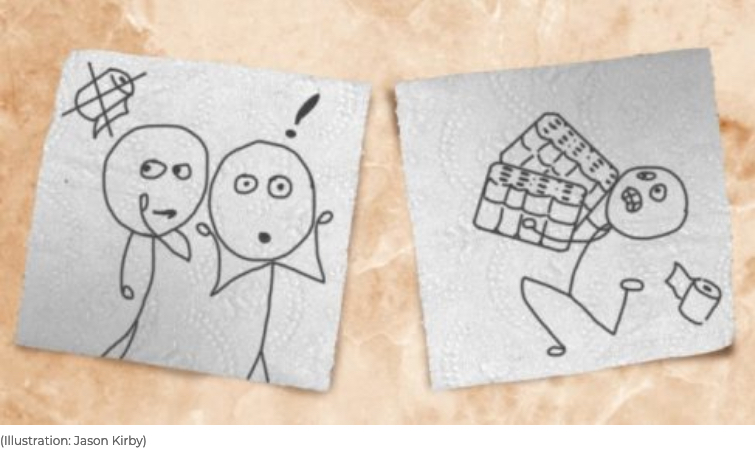
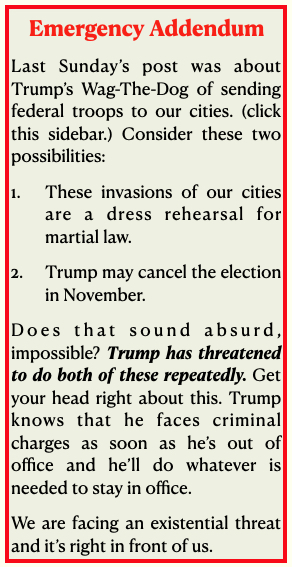
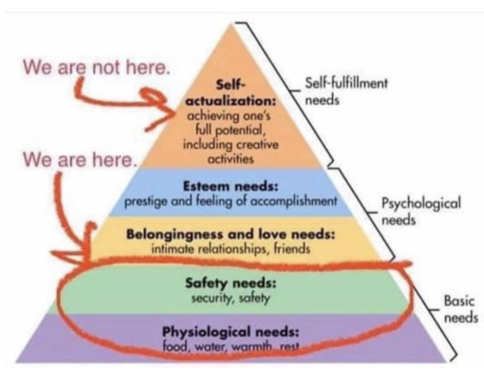 We declare that we honor our front line troops, the nurses, doctors, techs, EMTs, ambulance drivers and the rest of the folks who are fighting this war against pandemic. We’ve seen the hospital scenes, watched the personal videos and get lumpy-throated in empathy for these people. We see that these heroes work absurd hours. They live with death all around, feeling they’ve failed, even as they are powerless to stop it. But I wonder if that honoring of these people is true for all of our mask refusers and deniers, especially the conspiracy types.
We declare that we honor our front line troops, the nurses, doctors, techs, EMTs, ambulance drivers and the rest of the folks who are fighting this war against pandemic. We’ve seen the hospital scenes, watched the personal videos and get lumpy-throated in empathy for these people. We see that these heroes work absurd hours. They live with death all around, feeling they’ve failed, even as they are powerless to stop it. But I wonder if that honoring of these people is true for all of our mask refusers and deniers, especially the conspiracy types.
